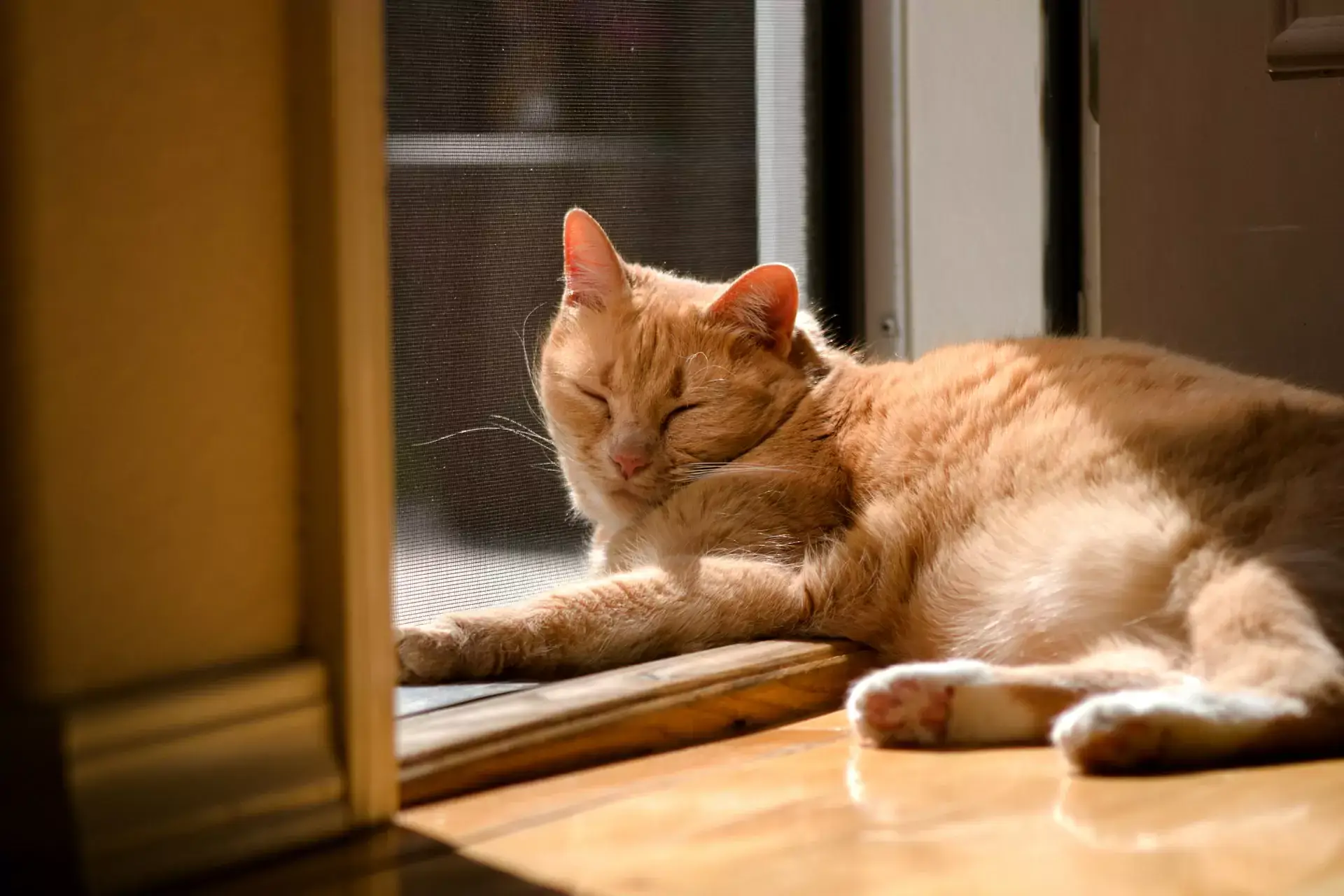Feeding Your Ferret
Did you know that ferrets are obligate carnivores, meaning they require a meat-based diet to thrive? Feeding your ferret the right food is crucial for their health and happiness. In this article, we break down the essential do’s and don’ts of feeding your ferret, from choosing the best commercial food to understanding which treats are safe. Whether you’re a new ferret owner or just looking to improve your furry friend’s diet, this guide offers valuable insights to keep your ferret healthy and content.
World Ferret Day is tomorrow! Just like any other pet, these little furballs need good nutrition to stay healthy. There are some definite do’s and don’ts to feeding ferrets, so it’s important to do plenty of research here. A local Fort Myers, FL vet offers some advice on this topic below.
Basics
Ferrets are carnivores, so they need meat-based, high-protein diets that are low in fiber and carbs. Commercial ferret food is going to be your best bet here, though high-quality kitten food may be a suitable alternative, though you may need to add fatty acid supplements. If buying commercial food, check the label and make sure that suitable meats, such as chicken, turkey, or lamb, are listed first and most often on the label.
Bones
Ferrets enjoy gnawing on bones, but you should never give your tiny friend cooked bones, as they can break into dangerously sharp shards. Only offer raw, human-grade bones. Ask your vet for specific advice on this.
Feed Schedules
Ferrets are nibblers, and need several small meals every day rather than a few big ones. Opt for between 8 and 10 mini-meals. Your furry buddy should also have fresh water available 24/7. (Tip: get a sturdy bowl, something your ferret can’t knock over.)
Unsafe Foods
It’s also important to know what not to give your ferret. Grains, such as grain or corn, are on that no-no list, as are fruits and veggies, ice cream, chocolate, rice, salt, nuts, milk and other dairy products, peanut butter, alcohol, and anything that contains xylitol. Fish should also be limited. Ask your vet for more information.
Treats
Just like any other pet, ferrets love treats. You can offer small amounts of cooked meat, such as chicken or turkey. Cat treats are also okay, but do not give your little buddy dog treats. Duck soup—which, in the ferret world, doesn’t actually have to contain duck—is also a favorite. However, it’s quite caloric, so should be fed sparingly. Ask your vet for specific advice.
Variety
Ferrets can get quite fussy. In fact, they can become so fixated on a favorite food that they refuse anything else. This can be dangerous, as if your cute pet’s preferred food is ever discontinued, you’ll be in a bind. Offer different things from the start.
Essential Guidelines for Feeding Your Ferret in 2025: Portions and Dietary Needs
What is the ideal protein and fat content for ferret food?
Ferret food should be rich in protein and fat to match their carnivorous dietary needs. Ideally, the diet should consist of high-quality commercial ferret food where the first ingredients listed are meats such as chicken, turkey, or lamb. These foods are formulated to be high in protein and low in carbohydrates and fiber, which aligns with the nutritional requirements of ferrets. While specific percentages can vary by brand, ferret diets typically contain about 30-40% protein and 15-20% fat, ensuring they receive adequate energy and support for their fast metabolism.
How much food should ferrets eat daily?
Ferrets require several small meals daily due to their fast metabolism and natural eating habits. Typically, they should consume between 8 to 10 mini-meals each day. It’s crucial to provide a meat-based, high-protein diet that aligns with their carnivorous needs. Commercial ferret food is ideal, though high-quality kitten food may suffice with appropriate supplementation. Always ensure fresh water is available at all times. Regular, balanced feeding helps maintain their health and prevents nutritional deficiencies, making it essential to stick to this frequent feeding schedule.
How does a ferret’s digestive system differ from other animals?
Ferrets have a unique digestive system that sets them apart from many other animals. As obligate carnivores, they require a diet high in animal protein and fat, with minimal fiber or carbohydrates. Unlike omnivores, ferrets have a short, simple digestive tract, meaning they absorb nutrients rapidly and cannot properly digest plant-based foods. This specialization for meat consumption is why commercial ferret food or high-quality kitten food with suitable meat ingredients is essential. Their fast metabolism also necessitates frequent small meals to maintain energy levels.
Is it safe to feed ferrets raw meat?
Feeding ferrets raw meat can be safe if done correctly, as ferrets are obligate carnivores requiring a meat-based diet. Raw, human-grade meat, such as chicken, turkey, or lamb, can be a suitable option. However, it’s crucial to avoid giving ferrets cooked bones, as these can splinter and cause harm. Always ensure the meat is fresh and free of harmful bacteria. Consulting with a veterinarian is recommended to ensure the diet meets all nutritional needs and is balanced, especially if raw meat is a significant part of their diet.
How should ferret kits (babies) be fed?
Ferret kits should be fed a high-protein, meat-based diet to support their rapid growth and development. Start by offering a high-quality commercial ferret food or premium kitten food, ensuring that meat is the primary ingredient. Because ferrets are obligate carnivores, avoid foods high in fiber or carbohydrates. Kits require frequent feeding, so provide small, frequent meals throughout the day—aim for 8 to 10 mini-meals. Additionally, always ensure they have access to fresh water. Avoid giving them fruits, vegetables, grains, dairy, or anything with xylitol. Consulting a vet for tailored advice is recommended.
Do you have questions about ferret care? Contact us, your Fort Myers, FL animal clinic, today!





